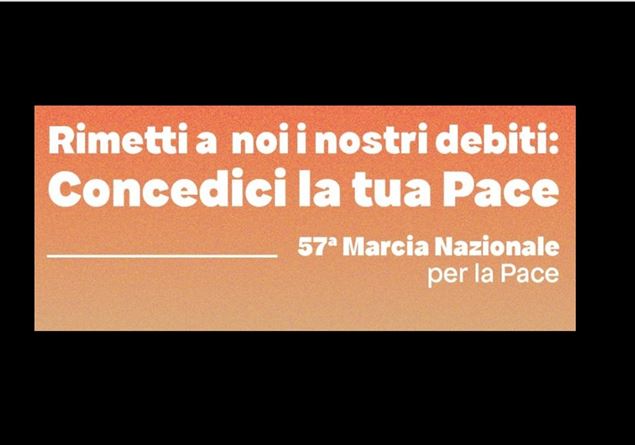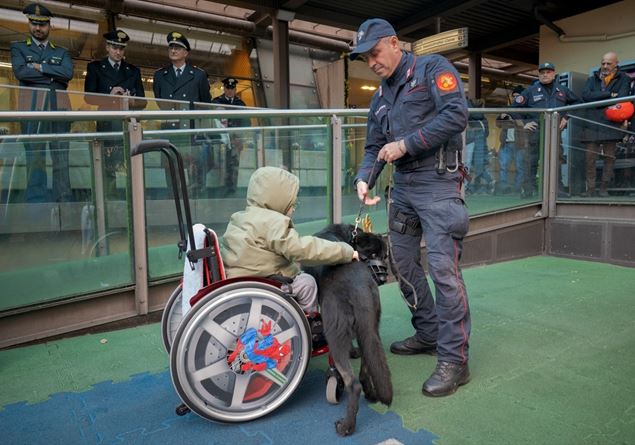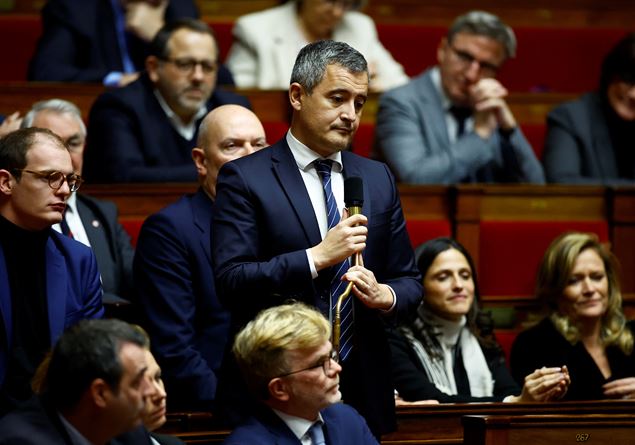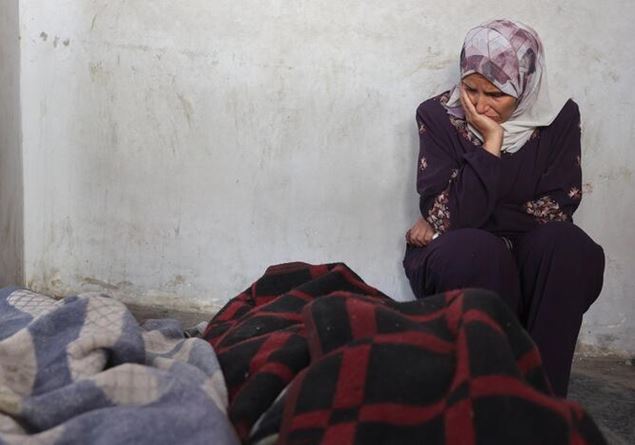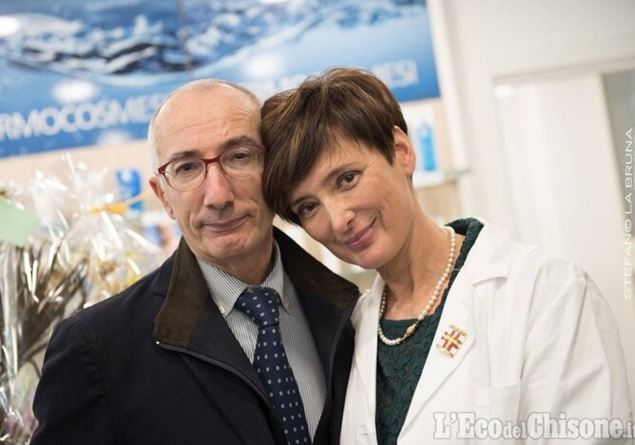
Two parents take their own lives two years after the suicide of their only daughter. A chain of deaths which today are news stories coming from Piedmont and which take root in one of the most terrible and difficult family secrets to face, even today in the third millennium. It all stems from sexual abuse experienced in childhood and kept in secret by Chiara, a child who then becomes a teenager and then a young woman, studying medicine and preparing for her adult life. It is at that moment that the traumatic memory is reactivated and generates panic attacks and pain, such that it becomes incompatible with the ability to survive it.. It is for this reason that Chiara, at the age of 28, took her own life, despite being a young woman full of dreams, desires and hopes, however killed by an uncontainable pain. The girl’s plight was discovered by her parents by reading a diary left open almost by chance.
Sexual abuse is a shadow on the heart. It can stay there all your life and become a burden with which, almost always in silence, you learn to live. Or, it can suddenly transform from a shadow into darkness and obscure everything, remove light and cause one to fall into an abyss of pain from which it is difficult to emerge. Chiara herself had said to her parents: “Cancer would be better: I could remove that, but not this.” The story of sexual abuse suffered by Chiara has many points in common with many others of this nature: the abuse was perpetrated by a family member of the victim, now deceased. An unsuspecting person who, taking advantage of the closeness to the little girl and the trust enjoyed in the extended family, committed violence against her. Children who are victims of sexual abuse often grow up with an experience of impotence and guilt, their victimization, something that grows inside them – if not addressed with adequate therapy – sometimes affecting their emotional, affective, socio-relational skills . They couldn’t do anything to stop it, because no one – when you’re a child – provides you with the primary prevention strategy necessary in these cases, based on the three skills of “I say no, I run away, I run to tell someone”. Adults do not teach these three life-saving rules, because they fear that explaining what sexual abuse is to a child will scare him or make him distrustful of the adults around him. Instead, simply explaining all this to a child helps him/her to be competent in cases where someone makes him/her experience strong discomfort associated with the way he/she interacts with his/her body and sexually connotes relationships with him/her. In this specific case, a relative abused a little girl, no one noticed anything except the victim and her tormentor. So that abuse became a matter of “unspoken words” and hidden pain that suddenly erupted like a volcano with anxiety and panic attacks, insomnia and nightmares. Chiara had found good therapists who had supported her, but even professional help in her case was not enough to save her from that shadow on her heart that had become a monster that sucked her into its coils.
And now, the death of his parents reminds us that there are pains that are really difficult to survive. Which enter inside us and become woodworms that eat everything until they destroy us. As a therapist, however, I know how fundamental it is in cases like these to help those who read us to stop their thoughts. There are pains that seem insurmountable, but which can be overcome and transformed into something else. What makes us suffer cannot be erased, but we can learn to leave the past in the past, preventing it from becoming a tireless contaminate of our present to the point of making us believe that we have no right to the future. This is not the case, even when pain and anguish seem to be the only company in our days. And sexual victimization can transform us into “survivors” capable of putting the pieces back in their right place on the chessboard of their existence. Because being a victim of abuse doesn’t mean being on the wrong side of life. The victim almost always suffers because he feels trapped within his own victimization story. But that’s not the case: the only person truly trapped is the abuser. And this trap becomes a prison if those who suffer the abuse learn to report their abuser. For this to happen, however, we need to do prevention, raise awareness and learn to talk about topics that are so scary that they make us scared and therefore “mute”. “It is better not to talk about certain things”: this is, unfortunately, the thinking of the majority. But the terrible and painful story of Orbassano is there to tell us the exact opposite.
